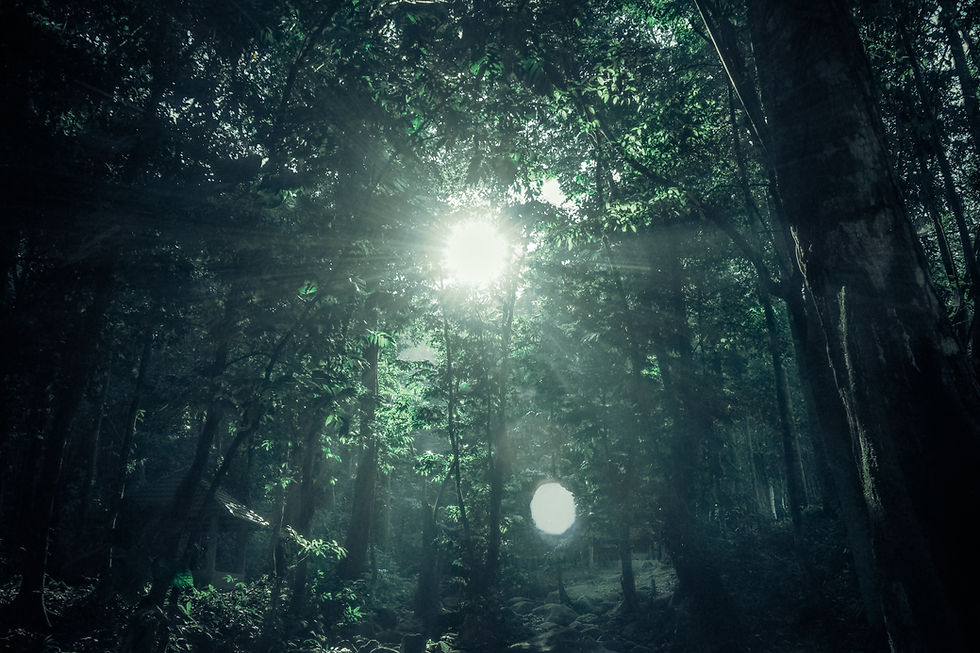Fighting marine hunters in the open waters: Robert Reed, head of Sea Shepherd UK
- Fauna
- Feb 25, 2018
- 4 min read
Updated: Mar 12, 2018

Picture credit: Flavio Gasperini/Sea Shepherd
It happened in June 2014 in Crovie, a small village on the East coast of Scotland. A group of people stood among hundreds of seals in a rocky bay, ready to risk their lives. Under the dark grey clouds, they tried to reason with the hunters from the Scottish Wild Salmon Company. But the gunmen had their rifles pointed ahead.
The seals were shot right in front of the conservationists. The shots were fired over the heads of the crew. Some of the seals died instantly, others bled to death, desperately trying to get to the water.
One of the marksmen took a shot at a young seal, less than one year old. It happened right in front of the leader of the campaign and the head of the UK branch of Sea Shepherd - Robert Read.
Rob is a graduate in environmental science from Hertfordshire. His history with Sea Shepherd goes back over 30 years. He was inspired to join Sea Shepherd when he saw a TV programme called Defenders of Wild Life. In it, Paul Watson is confronting illegal fish netters. What impressed Rob so much was the fact that Paul actually stood up for marine wildlife, like no one else. Watson was not protesting - he had taken a ship loaded with volunteers and tried to intervene and stop people from killing marine wildlife.
The unique activism method impressed Rob so much that he kept the memory of that TV programme in his head while he went off to study environmental science. When in 2006 Sea Shepherd UK came into an existence, he became one of the first volunteers.
He worked as a regular volunteer - running events to raise money to keep Sea Shepherd ships at sea. Back then they had only one, whereas now there are nine ships, not counting the many different small fast boats. And back then there were only about 25 volunteers, now there almost 270 of them.
The UK branch has three small fast boats, one Rigid-hulled inflatable boat and two Humber Ocean Pro 6.3M ones, which makes it a significant contributor to the global campaigns. After six years of volunteering, Rob took the position of head of Sea Shepherd UK. Today he is the only full-time employee in the UK.
He talks little about his life today outside the organisation. Coordinating volunteers, leading campaigns, being a part of international campaigns managing a registered charity is bound to require a lot of time and effort from a single person. “It takes a huge amount of my life, probably more than my family would like,” he says.
2014 marked the first active campaign in which the UK branch took part. It was a whale defence campaign at the Faroe Islands.
The citizens of the Faroe Islands have a centuries-long tradition called grindadráp (in English: Faroese whale killing), in which thousands of whales and dolphins are being hunted down and killed. The locals eat the whale meat, but Rob explains that most of it is contaminated by the toxic substances in the water.
The Faroe Islands, as part of Europe and the Kingdom of Denmark, have everything on the European market available to them. They claim that their hunt is not for commercial purposes, but pilot whale meat and dolphin meat is traded and sold and served to tourist at restaurants on the Faroe Islands.
“They don’t need this hunt to feed themselves, they are one of the richest per capita nations in Europe,” says Rob with a sight. He believes that the tradition is ridiculous, irrelevant and unnecessary in the 21st century.
Rob firmly believes the tradition is not worth the lives of thousands of marine wildlife. Sea Shepherds volunteers have confronted the locals numerous times to try and reason with them, but the situation remains the same. Almost 1700 pilot whales and dolphins were killed in 2017. It was one of the worst periods of the last 50 years.
But that is not the only campaign Rob has been the leader of. The seal defence campaign was a success for Sea Shepherd and for Rob, and despite the deaths of seals they witnessed on the Scottish coast, they managed to cut the number of dead seals drastically.
Rob’s partner is also a dedicated conservationist and a part of Sea Shepherd. Their three-year-old daughter often companies her parents to some events. She recognises the Sea Shepherd logo, despite her young age, and likes to wear Sea Shepherd T-shirts. But he would not take her to the campaigns at sea: “I don’t mind my daughter seeing live whales and dolphins so that she’s got a love for wildlife, but she is certainly not going to be exposed to barbaric people or fisherman killing wildlife.”
With even his own family being dedicated Sea Shepherds, Rob is not surprised that he sees different generations of the same families joining them in their cause.He says his greatest achievement is shutting down, together with the other Sea Shepherd volunteers, the Scottish Wild Salmon Company from shooting seals in the UK. “We have a direct impact - we see and we know we are saving animals.”
Rob supports and donates to different charities who tackle other issues but says that saving marine wildlife is his mission. He has never considered joining another organisation: “Sea Shepherd is so unique and so needed”.
Rob has always wanted to take an active role in protecting wildlife and the environment. He is proud of what he is doing today.
Pavlena Todorova







Comments